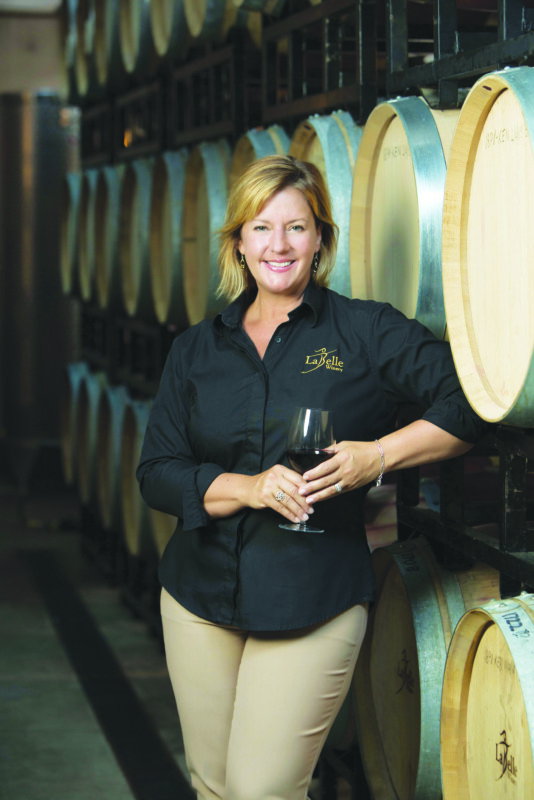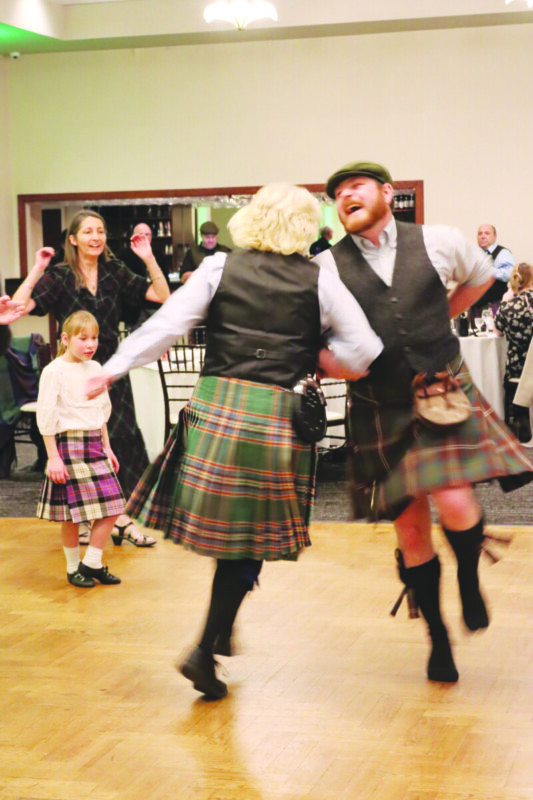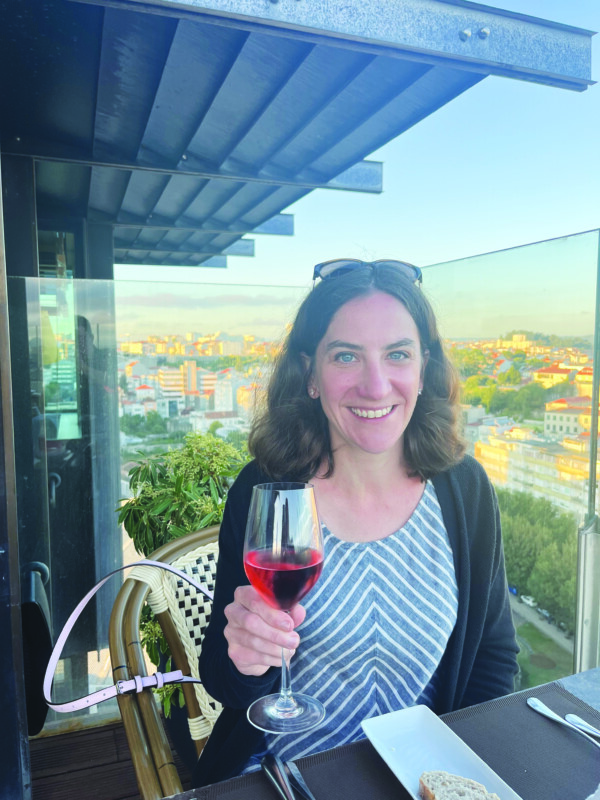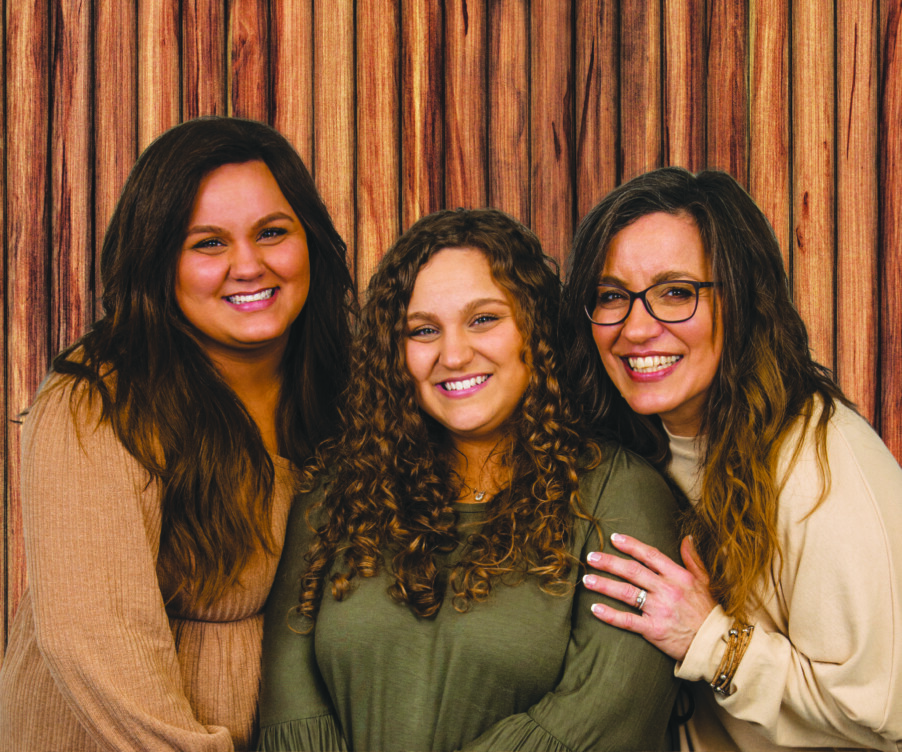Queen City Black Market offers art, oddities, hot dogs
Queen City Black Market is an event focused on the alternative, antique and oddity culture in New Hampshire. The market is being put on by Janelle Havens, who runs and operates Lustshroom, Etc. with a focus on “unique footwear for unique people,” according to its website. Havens spoke to the Hippo about the event. Visit lustshroometc.square.site for more information on the event and business.
What is the Queen City Black Market?
The idea is that we get a bunch of weird vendors, right, taxidermy or like weird art, prints and designs. They’re from all over New England, but we get them all together under one roof in Manchester and we have a night where it’s free to enter. People can come in, obviously meet some cool people, buy some cool stuff, and then be on their merry way. We’ll have an after party afterward at the Shaskeen, which is more of that typical, informal, everyone gets together at a bar.
How did this all get started?
It’s the first year. Hopefully, if all goes according to plan, it will be an annual thing. I had started my own business a little over a year ago at this point so I was traveling all over New England doing markets and shows and conventions. I was doing a lot of tattoo conventions and then I ended up going to the Worcester Punk Rock Flea Market in Massachusetts and I was so inspired … I was like, ‘Wow, I wish I had something like that in my backyard, this stuff doesn’t happen in New Hampshire,’ and I feel like a lot of people that I meet say the same thing, but it can be in New Hampshire, we just have to do it.
What is your business Lustshrooms, Etc. and what do you do?
My business is selling platform shoes, so the typical big goth boots type of deal. I also sell oddities. I’ll take animal teeth, mount them, frame them, for a nice wall decoration. Also just like weird stuff that I might come across. So like a Last Rites kit I’ve come across a couple of times, so I’ll sell that but basically weird stuff and then also platform shoes. My partner tattoos and so we were at a tattoo convention for his work and I was just sitting around looking and I was like, ‘You know, everyone here either wears platform shoes or would buy a pair, right, and I had my own experience with buying them, you can really only buy them online. There’s no store that sells them other than like in Salem, Massachusetts, which can be a hike and can be prohibitively expensive for people. Well, why not have a pop-up business where you can go to these places where this clientele would be, they get to go, they get to try it on in person, they can see if they like it, they know who’s selling it to them …
Is weird just something that’s not normal or how would you characterize that?
I would say it’s just really not mainstream. It’s not your typical stuff that you might find at Marshall’s. … The first reaction is, ‘Oh, that’s really weird,’ but then it’s ‘Oh, but that’s cool, though.’ It’s so weird, it’s cool. … [T]he idea that this is somewhere that my dad would probably be at, and he’s a 50-year-old dude that listens to Guns N’ Roses. He doesn’t necessarily fit that stereotypical goth or punk or whatever, but he would still go and have a good time. I will have a good time as someone that might be more stereotypical punk, right? It is also all ages, so, you know, if a 12-year-old kid is kind of in their angsty phase, that’s a great spot for them. … it’s just really anyone that would find it cool.
What are some of the logistics of the event and after party ?
It’s Saturday, Feb. 1, 1 p.m. to 8 p.m., all ages, free at the door. There will be a food truck, it’ll be Teenie Wienies food truck …Right after the market, 8 p.m. is when doors open at the Shaskeen for the after party. That will be Cytokine, Ratblood, and Graveborn playing that, all three local hardcore bands. That’s 21-plus $10 at the door.
So what types of vendors or stalls will be there?
We have quite a range. We have Vericatures, who is a woman from Boston who does caricatures. … We’ll have Hallowed Harvest Oddities, which is someone down in Connecticut… and they do bug pinning and taxidermy and that kind of wet specimens stuff … Then we have a couple local artists like Ghost Ship Art and Emily V. Arts. We’ll also have Karen Jerzyk, She’ll be there selling prints of her photography. It’ll be a lot of Manchester-based people because obviously that’s also the point. We have Evol-Eye Co. … and they do clothing, pins, beanies, stuff like that and it’s traditional tattoo streetwear-type designs but it’s all centered around mental health awareness and recovery. There’ll be a whole lot of fun people and weird stuff. We also have Crown Street Grillz. She’s based in Nashua and she does teeth grills, like the gold teeth and silver teeth. She does all kinds of funky designs with it, which is pretty uncommon around here. So she’ll be in person fitting people and making those, which would be fun and different. That’s just the five that I thought of off the top of my head.
Queen City Black Market
When: Saturday, Feb. 1, from 1 to 8 p.m.
Where: Henry J. Sweeney American Legion Post #2, 251 Maple St., Manchester
Admission: free, all ages welcome
More: lustshroometc.square.site
—Zachary Lewis
Featured image: Janelle Havens. Courtesy photo.






